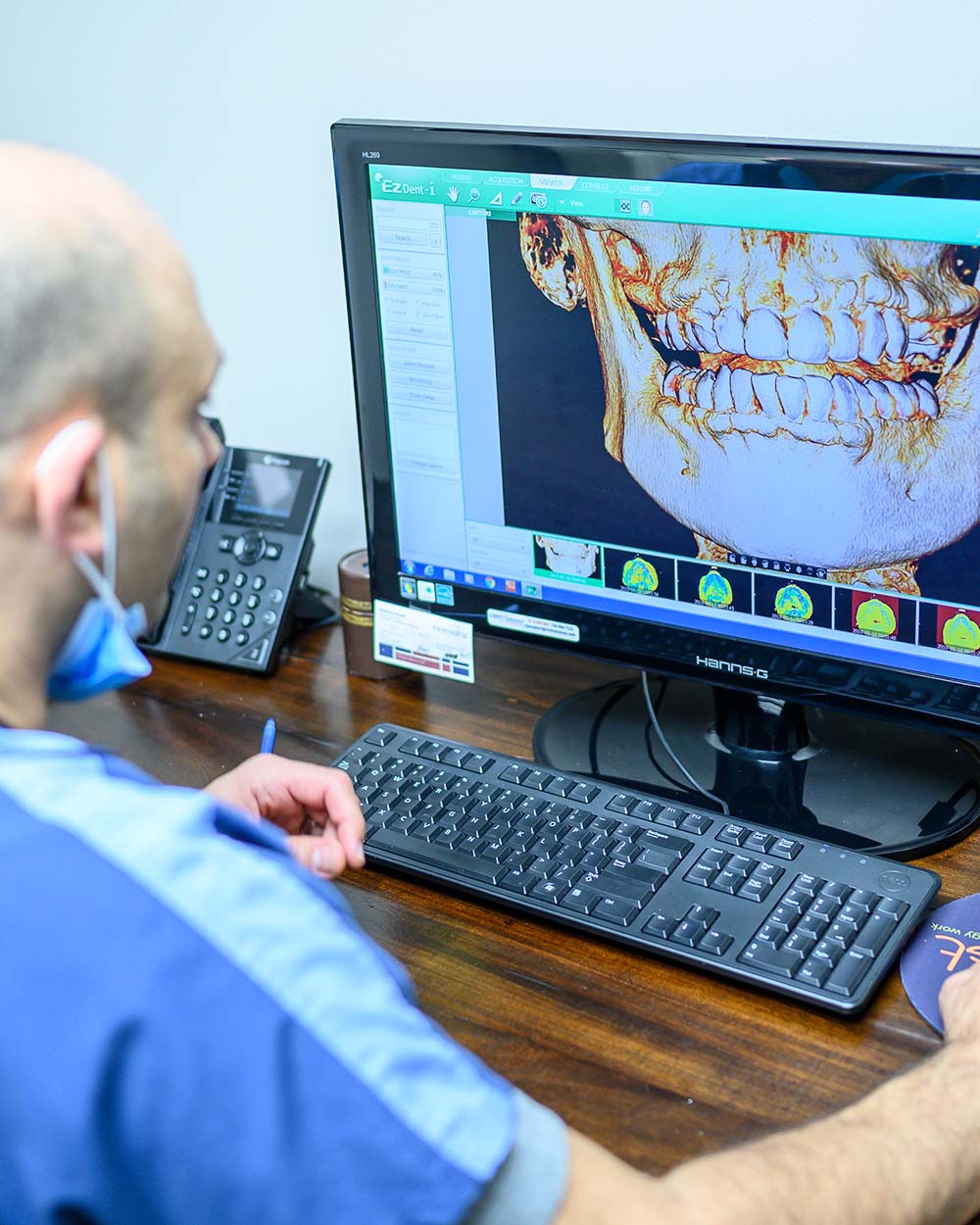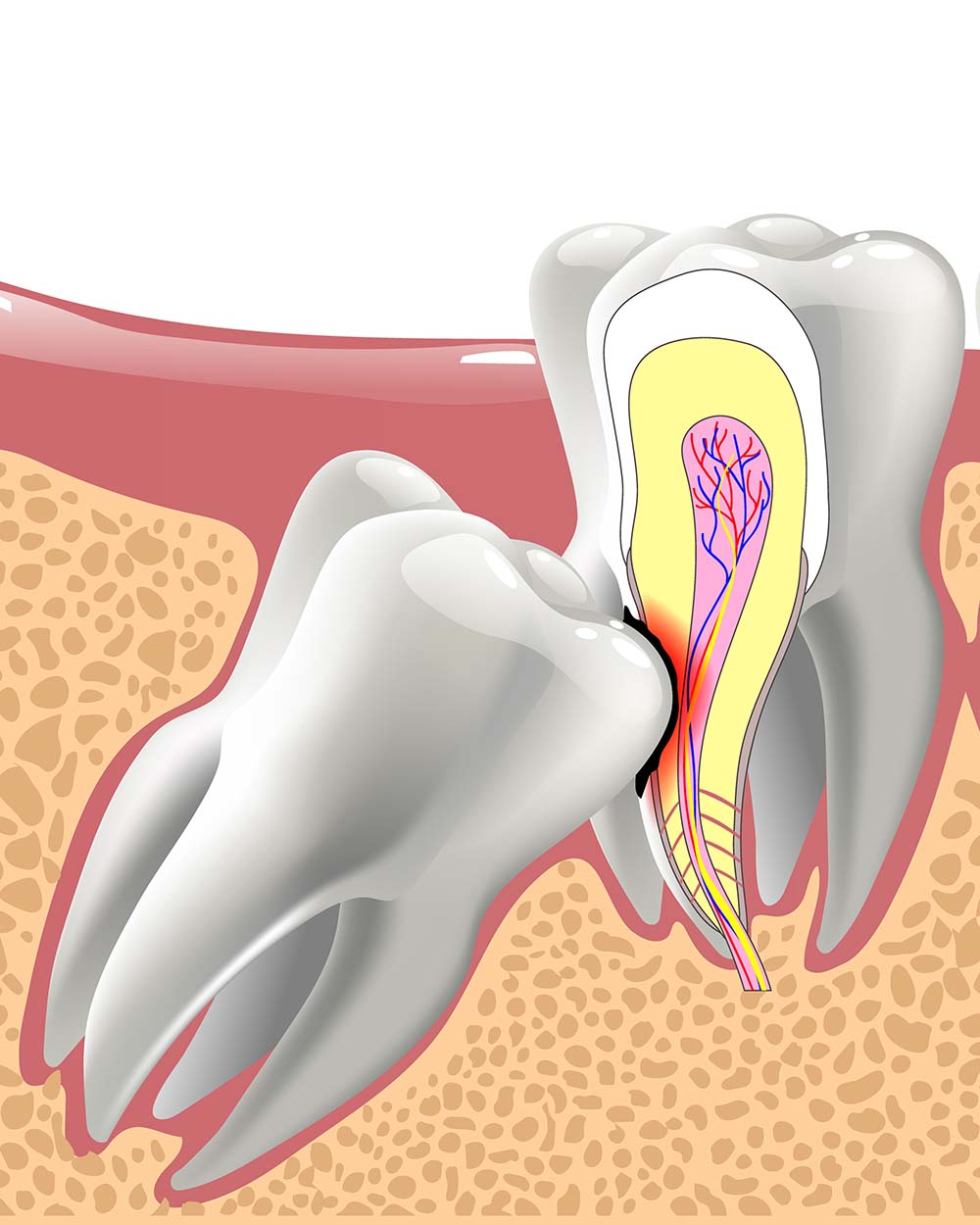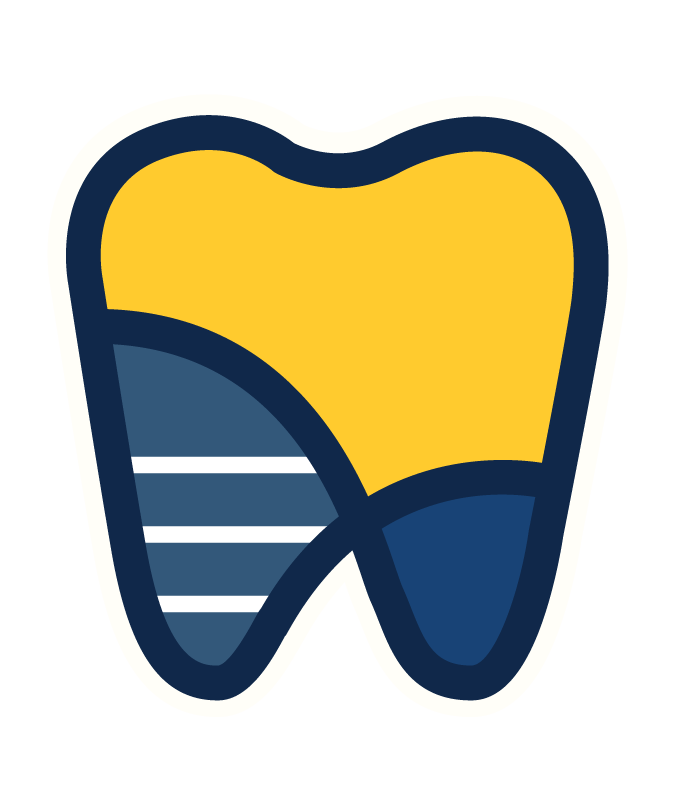Wisdom Teeth Extraction
Say goodbye to your third molars

Wisdom Teeth Extraction
While it’s almost always better to keep your natural smile whole, certain teeth tend to do more harm than good. If wisdom teeth are causing you or a loved one pain, call us right away; with his up-to-date instrumentation and his years of experience, Dr. Jacobs can remove these unneeded teeth with minimal trouble or pain. If someone in your family is around the age where wisdom teeth might erupt (usually between ages 15 and 24), start preparing for the possibility of extraction now by calling us today.
Why choose LaGrange Oral Surgery & Implant Center?
We’ll examine your mouth and gather as much information as we can about your symptoms. Then, we’ll explain what treatments can be used to restore your oral health. In some cases, we might be able to treat the problem while leaving your dental implants where they are.
- Experienced Board-Certified Oral Surgeon
- State-of-the-Art Technology for Quality Care
- Sedation Options for Nervous Patients

Want to learn morE?
We can use general anesthesia or IV sedation to keep you as relaxed and free of pain as possible during wisdom teeth removal. During the process, we may need to remove some gum and bone tissue in order to access the teeth. The molars are then loosened before being extracted. Sometimes it will be necessary to divide the tooth into sections so that it can be removed safely. At the end of the procedure, we can give you specific instructions for recovery.
Indications You Need Wisdom Teeth Removal
While wisdom teeth can sometimes be left alone if they fully erupt and don’t affect your other teeth, you’ll probably need to have them removed if you notice any of the following symptoms:
- Severe oral pain that won't go away
- Frequent infections of the gum tissue near the back of your mouth
- The formation of cysts and tumors
- Gum disease and tooth decay


Wisdom Teeth Extraction FAQ's
Let Dr. Jacobs know if there’s anything you don’t understand or are worried about before your extraction; he’ll give you the answers you need to feel comfortable during your appointment. Below are the answers to some of the most common questions we’ve received about tooth extractions.
What Happens if Problematic Wisdom Teeth Aren’t Removed?
When wisdom teeth are trapped beneath the gums, they cause swelling, pain, and tenderness in the gums. They might also damage the roots of nearby teeth, and in some cases they can lead to overcrowding of the mouth. All of these symptoms grow more severe over time, and in the long term you could suffer from serious health issues like inflamed/infected gums, cavities, jaw damage, alignment problems, and sinus issues. In the worst case scenario, you might even start losing some of your other teeth. If there’s any indication that your wisdom teeth won’t be able to erupt safely, it’s best to remove it as soon as possible before the worst case scenario kicks in.
How is a Wisdom Tooth Extraction Different From a Normal Tooth Extraction?
The main difference is that wisdom teeth often do not erupt like the other teeth, meaning a surgical approach will be required more often than not. Oftentimes, the wisdom tooth might be in an angled position, and we’ll need to divide it into pieces to remove it safely. Tooth anatomy also needs to be considered. A wisdom tooth tends to have multiple roots and can take on many irregular shapes, which makes them more difficult to remove in many cases.
What Can I Eat and Drink After Wisdom Tooth Extraction?
Start off with clear liquids like water and apple juice. Then, if you’re able to handle that, a dairy base (such as yogurt, ice cream, or pudding) is often recommended. In general, you should eat only soft, cooler foods while you’re recovering. Good choices include apple sauce, mashed potatoes, macaroni and cheese, steamed vegetables, and well-cooked pasta. Do not eat anything especially spicy, hard, or chewy. You should also stay away from foods with small particles, with broccoli being one possible example.
How Will I Know If I Have a Dry Socket?
When a tooth is removed, a blood clot forms to protect the exposed bone. Dry socket occurs if the clot becomes dislodged, exposing the bone to air, fluids, and food. This is painful and can lead to infection. You might notice discomfort that reaches your ear and doesn’t respond to pain medication. In some cases, you may experience an unpleasant taste or smell in your mouth. You should get in touch with our office as soon as you think you might be suffering from a dry socket; it could disrupt the healing process if it’s not dealt with in a timely manner.


